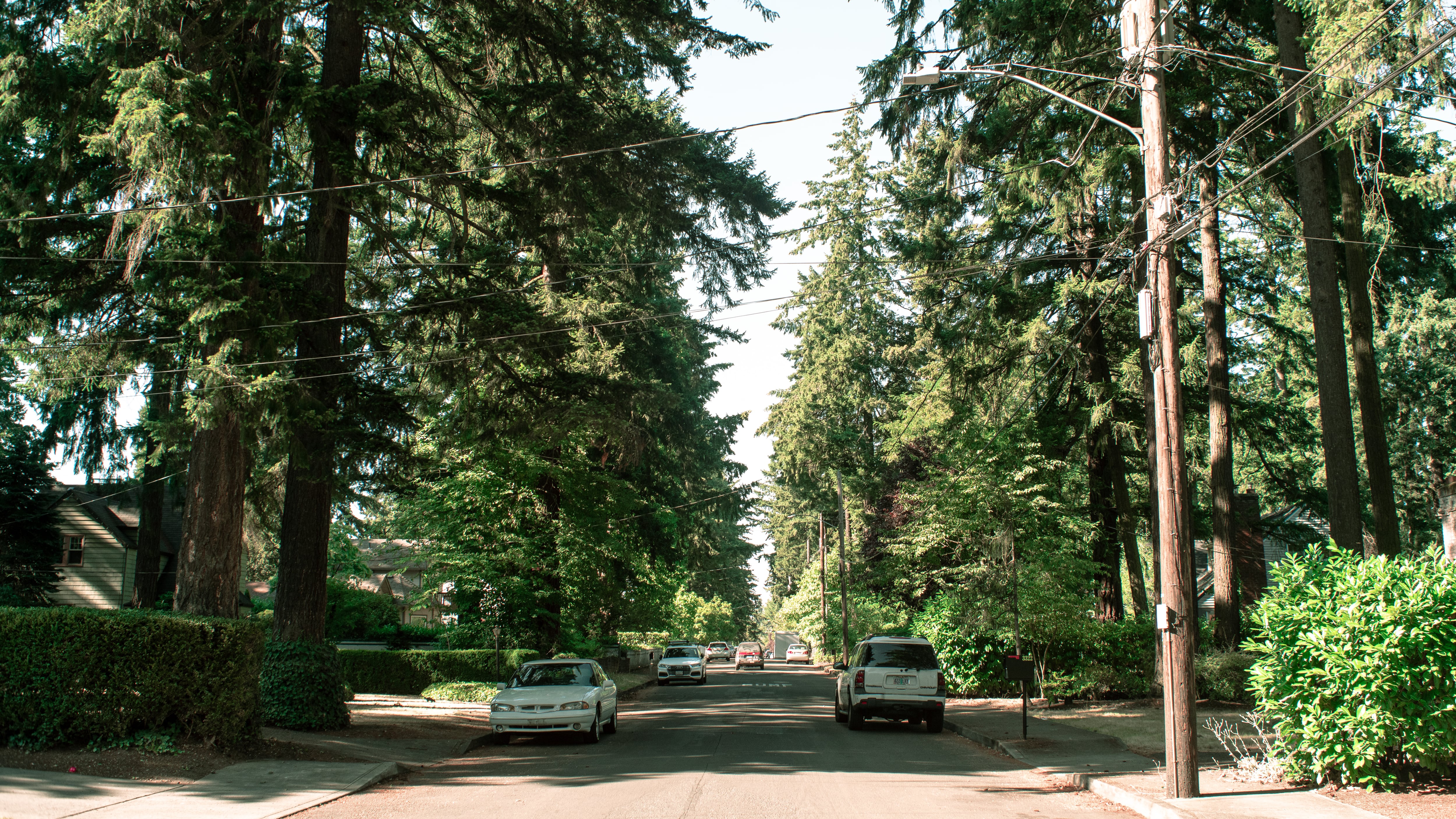For most Americans, getting pulled over by police is an inconvenience. For Black people, traffic stops can be frightening—and far more frequent than for whites. Portland is no exception.
The Portland Police Bureau released quarterly reports May 4 and Aug. 1 providing data on traffic stops during the first half of the year. The numbers show that Portland police continue to disproportionately stop Black drivers and pedestrians.
Black people made up 5.8% of the city's population in July 2019. But in the first quarter of this year, 16.8% of drivers stopped by Portland police were Black, nearly three times their proportion of the population. That percentage jumped to 18.4 % in the second quarter.Black pedestrians were even more likely to be stopped by police, accounting for 16.4% of stops in the first quarter, 21.1% in the second.
Meanwhile, white Portlanders were less likely to be stopped than their share of the population would suggest, whether driving or on foot. White Portlanders make up 77% of the city's population, but in the first quarter, 65.7% of people stopped by PPB citywide were white. In the second quarter that number dipped to 63.8%, both reports revealing an underrepresentation of white people stopped by the bureau.
In fact, Black people were overrepresented in every single category in both PPB reports regardless of location, while white Portlanders again were underrepresented in police stops in all parts of Portland.
PPB did not respond to a request for comment.
Traffic stops are the most common way police interact with the public. In well-publicized cases around the country, routine stops have ended with Black citizens shot or killed. Lawmakers passed a 2017 bill introduced at the request of Attorney General Ellen Rosenblum prohibiting police from racially profiling drivers.
Last year, when the Oregon Criminal Justice Commission reviewed how well Oregon police agencies were complying with the new law, the Portland Police Bureau failed two of three disparity tests, the only law enforcement agency in the state to do so.
Disparate policing is a big part of what's driving the current social justice protests in Portland and across the country. Unfortunately, the new PPB stats show nothing much is changing in Portland.
State Sen. Lew Frederick talked about the pervasiveness of racial profiling in traffic stops in an interview with Oregon Public Broadcasting last year.
"This is confirmation of the racism that we've seen for decades here," Frederick said. "It's the old 'If it walks like a duck and talks like a duck, it's a duck.' This is institutional racism. There's no other way to describe it."

This reporting has been funded in part by a grant from the Jackson Foundation. See more Black and White in Oregon stories here.

